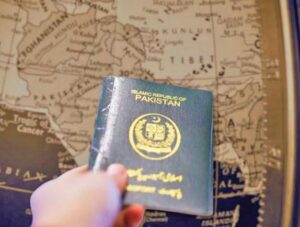Recent Update:
The Indian government has recently declared that Pakistani citizens will no longer be eligible to travel to India under the SAARC Visa Exemption Scheme (SVES).

Overview of the SAARC Visa Exemption Scheme (SVES):
Introduced in 1992, the SAARC Visa Exemption Scheme was designed to promote easier movement across South Asian countries for specific groups of people. Under this initiative, individuals falling under designated categories in SAARC member nations receive a special travel document that allows visa-free travel within the region.
Currently, 24 categories are recognized under the scheme, including high-ranking dignitaries, members of parliament, senior government officials, business leaders, members of the judiciary, journalists, athletes, and others. Each member country issues visa stickers to eligible persons, typically valid for a period of one year.
The implementation and effectiveness of the scheme are periodically reviewed by immigration officials from the member countries.
What is SAARC?
The South Asian Association for Regional Cooperation (SAARC) was formed on December 8, 1985, to foster economic and political collaboration in South Asia. Its Secretariat was established in Kathmandu, Nepal, in January 1987. SAARC comprises eight countries: Afghanistan, Bangladesh, Bhutan, India, Maldives, Nepal, Pakistan, and Sri Lanka. The organization’s main goal is to speed up economic and social progress in the region through enhanced cooperation among its members.




